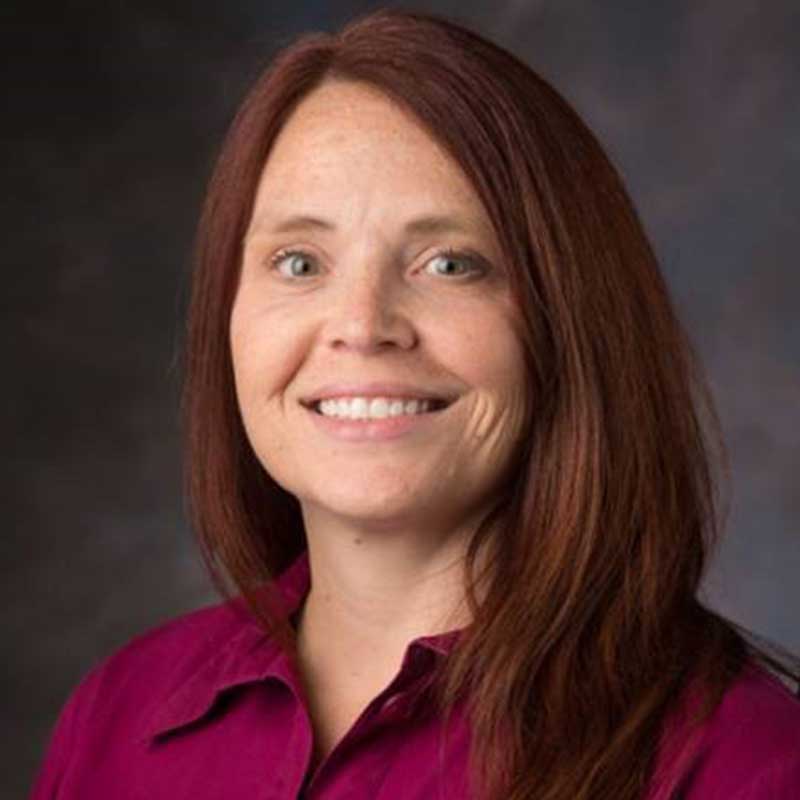
Suzie Reed, MD
I stopped by to see a new patient in the hospital, who had a collection of concerning symptoms, but no diagnosis yet. Several medical teams were consulted to help figure this patient out, including my team. When I walked in the room, this 9-month-old patient was actively having an NG tube placed. What I heard when I walked in was a blood-curdling cry that gave me a lump in my throat, that visceral reaction that every mother knows. I am a mother. And I saw his mother, helping 2 nurses hold down her precious baby, with tears in her eyes. His father, also with tears in his eyes, trying in vain to stroke the baby’s head to calm him, though who can be calm when 3 people who are 6 times your size are holding you down and shoving a tube down your nose? His 2 brothers were jumping, ever so gently, on the couch behind the chaos, knowing this was frightening, but trying to give themselves a fun distraction.
I am a pediatric oncologist, and I have seen the depths of human suffering up close. It isn’t pretty. And on the scale of existential suffering, getting an NG tube is pretty low. And moreover, the patient needed it, without question. Even though I know intellectually that the benefit/burden math of this patient getting an NG at this moment was overwhelmingly weighted to the side of benefit, this scene affected me deeply. Baby screaming, Mom and Dad tearfully compliant, staff stoically fighting against this baby’s resistance and their inherent natures to bring comfort, siblings watching and not causing a fuss. I have ordered an NG tube for patients hundreds of times—how many have I watched being placed? I can’t even recall. Maybe none? Could it possibly be NONE? As I asked myself these questions, I was reminded abruptly the importance of bearing witness to our patients’ suffering, and the space this holds in our idea of meaning in work. The big and little suffering both matter, and as we spend more time in front of computers and less time in front of patients, it becomes more likely we miss out on both.
I stood in the room for a couple minutes. I quietly whispered to the nurse “I’m with oncology. Anything I can do to help?” and his look told me that I could be most helpful by leaving. So I did. And in an effort to make meaning beyond my own, I shared my experience with my team the next day on rounds. Taking opportunities to bear witness to the suffering of our patients connects us to them in deep and important ways. For me, despite many years of telling so many mothers that their children have cancer, the simple placement of an NG stopped this doctor and mother right in her tracks. For this, I am grateful.
